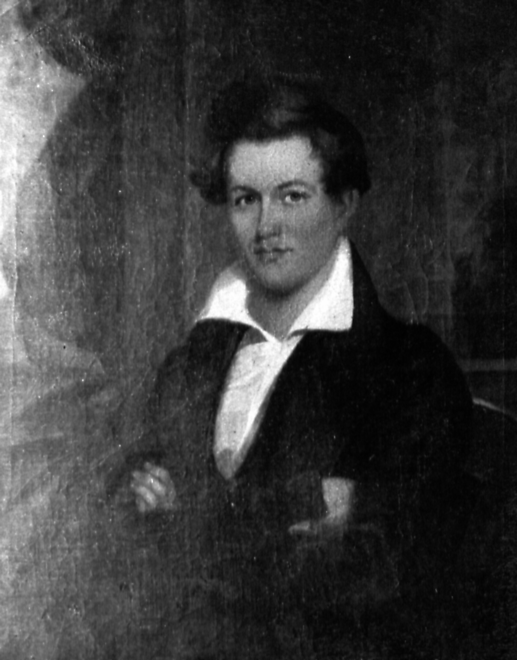The history of the Alamo is an important part of American history and American lore. Joseph George Washington was a participant in the defense of the Alamo.
Joseph was the son of Andrew Washington, brother of Joseph Washington, who founded Wessyngton Plantation. He was born in 1808 and lived in Robertson County, Tennessee. Joseph was described as a striking, tall figure, about six feet high, tolerably stout build, tolerably dark complexion, dark eyes and dark hair.
In 1833, Joseph George sold his uncle a slave Joe. In December of 1835, he sold three more slaves to his brother Richard Washington for $830, before he travelled west to Texas. We do not know why Joseph joined in the fight for the Alamo. It could have been that the Republic of Texas offered land to men who helped win its independence from Mexico. Another reason could have been he was seeking an adventure as he went with other young men from Tennessee and nearby Kentucky.
In 1836, during the 12 day siege by Mexican troops under the command of Santa Anna, Joseph George Washington was killed. Within the Washington family and Alamo lore he became known as “Alamo Joe.”


